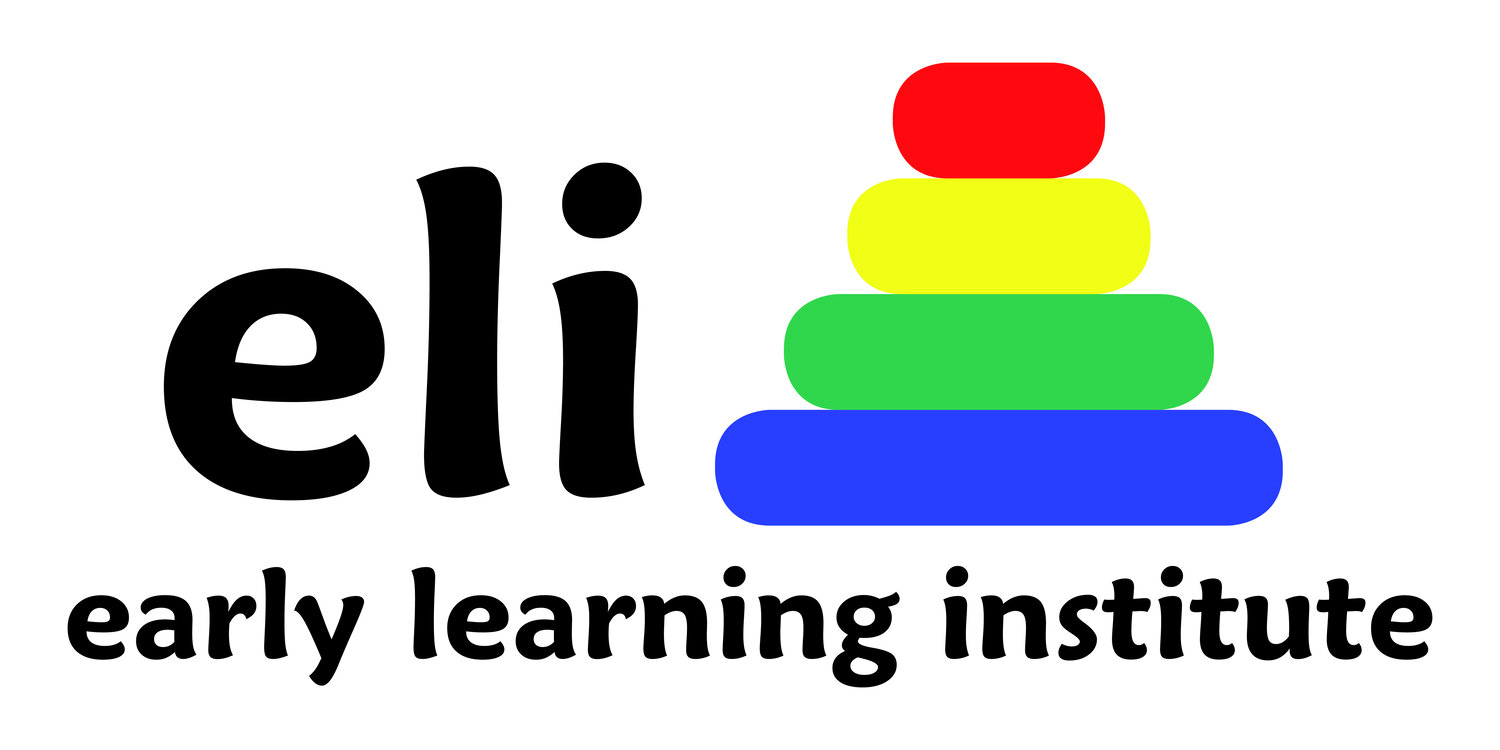Who’s Smiling Back?
By Howard Termo, Transdisciplinary Mental Health Practitioner
At early childhood trainings for parents and professionals, presentations often open with a full screen image of a baby’ smiling face. It is a great ice breaker and it’s fun to scan the audience and see who’s smiling back? Many are. A baby’s smile is alluring and it feels good to be smiled at and to smile in return. So, if a picture can elicit a smile from a group of perfect strangers, imagine how engaging an in- person smile is between a baby and their caregiver.
Relationships and Experiences Shape Our World
For better (mostly), but also for worse, infants and young children learn about the world and themselves through their relationships with others. Positive, nurturing interactions build trust, but the opposite can also be at work. As Dr. Bruce Perry notes in his work with childhood trauma, babies learn that when they cry someone comes, when they are hungry someone feeds them, and when they are unsettled, someone comforts them…………or not. And what about when a baby smiles? Is someone smiling back?
It Takes Two
Between 6 and 12 weeks of age, babies consistently smile socially in response to being spoken to and smiled at. It is an early sign of communication. This acceptance of a caregiver’s invitation to connect pushes forward the bonding process. But what if a caregiver is not inviting connection or is not responding to their baby’s smile. Why might this be? Why might a caregiver not smile back at a baby?
Caregivers
Caregivers experiencing depression, including maternal or paternal perinatal depression, can sometimes feel overwhelmed, exhausted, and unable to read or respond to their baby’s cues. If a birth did not go well there may be worry, guilt, or a sense of helplessness, regret, or loss. Some parents may be overrun with feelings of anxiety and fear over caring for a young child. And some parents’ circumstances might make the arrival of a baby a less than joyous occasion. There are many reasons a caregiver’s ability to respond might be compromised, and it is important that these be acknowledged and addressed so that caregivers can receive support. It is important not only for the caregiver but for the baby as well.
Babies
And what if a baby’s ability to respond seems compromised? How might it feel for a parent to invite connection but see little sign of acceptance? Might this affect their continued efforts to connect, or affect their confidence in their ability to engage and build rapport with their child? When it comes to babies, it is just as important to ask, is baby smiling back? Why might a baby not respond to a caregiver?
Factors and Fact Finding
A variety of factors could be considered. Starting with a pediatrician, a baby’s development should be screened regularly using a reliable tool such as the Ages and Stages Questionnaire (ASQ), and its companion for Social Emotional development, the ASQ/SE. Hearing and vision should be rechecked if responses seem muted. Physical discomfort such as stomach or bowel, can cause irritability and affect a child’s ability to respond to social overtures. Some children may have difficulty managing stimulation in their environment, making it hard for them to reach or maintain a calm, alert, and responsive state. And babies can show early signs that they may be developing challenges with social connectedness. Of course, temperament should be accounted for, but a parent can often sense when they are working a little too hard to elicit a twinkle, a raised eyebrow, or a smile. And though it may seem that examining such factors is over analyzing or pathologizing, waiting and seeing is often not the best approach. Seeking information from reliable sources, sooner than later, usually sets parents on the course to support for themselves and their babies.
Speak Up When You’re Feeling Down
And so, by way of encouragement to parents and caregivers, and as a reminder of mental health awareness, speak up when you’re feeling down, and get the support you and your baby needs. Trust your instincts and find out more with developmental screenings and regular pediatric checkups. Take care of yourself and talk to your doctor or a mental health professional if you are wondering if you need support. Do all these things, because when it comes to the social emotional well-being of caregivers and babies, it matters that someone is smiling back.
Howard Termo works at Early Learning Institute in Rohnert Park, CA. He is the Program Manager for the PEAS Program, a specialized parent support program for Sonoma County, CA parents with young children receiving developmental or special education services, birth to 5, or not yet in Kindergarten. To make a referral (with parent permission of course), visit www.earlylearninginstitute.com


